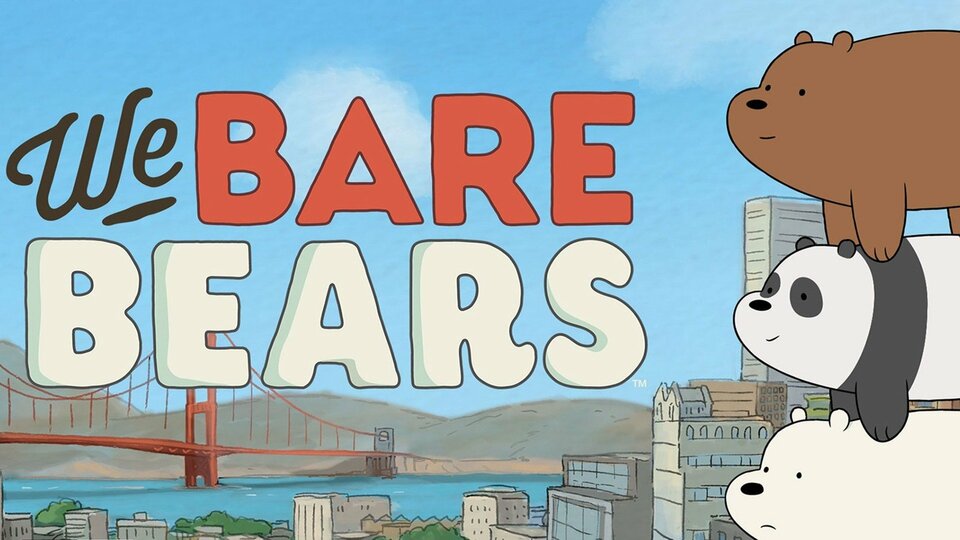Inappropriate messages, a mysteriously changed grade and the resignation of 41-year-old teacher Ginger Parks in September from Plant City High School did not appear out of nowhere; it began with the Florida teacher “friending” a student on Facebook, illustrating the ever-blurring lines of student-teacher relationships.
In today’s society, everyone from middle school students to grandparents use the wildly popular social networking website Facebook to share information and keep in contact; however, limits must be set regarding student-teacher interaction.
The Los Gatos-Saratoga Union High School District maintains a loose list of “Expectations for Use of
Social Networking Sites” that urges teachers to maintain a professional tone without “expressing improper interest in a student’s personal life.” It does not specifically state rules regarding the permissibility of accepting friend requests from students or creating and updating groups for specific classes, leaving much up to teachers’ own interpretations.
Many teachers understand that the majority of high school students check Facebook more often than their email accounts or teacher-maintained websites. Due to Facebook’s popularity, teachers also find that updating a Facebook group is often the most effective way of conveying important information to their classes.
While Facebook groups can serve as useful tools for teachers to alert students of important information, the online relationship between students and teachers should end there, at least until the student’s graduation.
French teacher Kim Bergkamp is one of several teachers who uses Facebook to maintain a group for her students, but refrains from accepting friend requests until her students’ graduations. With this policy, Bergkamp is able to communicate with her students about class-related issues, but her personal information and actions on Facebook are kept private from them and their personal information is private from her.
Although many students and teachers form close friendships at school, becoming Facebook “friends” with students allows far too much personal information, such as conversations between individual students and prom photos, that other students may not think about teachers viewing.
While students who want to be friends with teachers can be fine with them viewing their photos, other students present in those albums may not consider the fact that their teacher could be scrolling past those same pictures. Of course, students should be responsible in the things that they post on the Internet; however, many still do not wish for their teachers to be privy to their own private photos.
Another concern that many have is the issue of teachers’ responsibility to report inappropriate behavior that they see on Facebook. When teachers are able to see status updates of students participating in activities from discussing test questions to criticizing other teachers, whether or not to intervene has becomes a dilemma of increasing proportions.
Teachers becoming friends with students on Facebook creates more problems than it is worth. Public Facebook groups where teachers can post homework and help can be a useful teaching tool, but any online relationship beyond that is completely unnecessary.
To establish a stronger stance regarding student-teacher interaction on Facebook, the school district should clarify its currently vague social networking policies by using more specific language to explain that teachers may convey information to students through public groups but should act as most already do and refrain from “friending” high school students until their graduations.
http://www.abcactionnews.com/dpp/news/region_hillsborough/plant-city-teacher-resigns-over-inappropriate-facebook-behavior


























